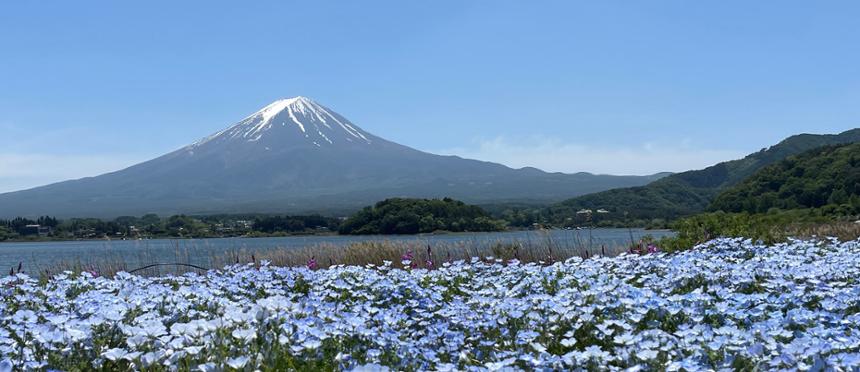Study Abroad: Journey to Unforgettable Japan
Study Abroad: Journey to Unforgettable Japan
Study Abroad: Journey to Unforgettable Japan
Program offered in Spring 2026; registration begins in Fall 2025.
If you'd like to be kept informed, leave your contact information on the below Google Sheet.
Have questions? Contact Dr. McGlynn at mcglynn@rowan.edu.
Program Goals
The goals of this study abroad, which will visit some of Japan’s most historic and well known cities, are to understand the geography, architecture and cultural characteristics of Japan and the historical and geographic context of Japan’s site and situation as a major Pacific Rim population center.
Students will travel to Osaka, Kyoto, Hiroshima, Tokyo and Mt. Fuji under the guidance of a Rowan University Professor and a professional study abroad assistant/expert guide via EF Study Abroad.
Students will visit these world class cities and other iconic locations and learn first-hand about Japan’s natural and built environment and its culture and the historical context in which modern Japan evolved.
All students (graduate and undergraduate) at Rowan University in any program are eligible for this study abroad. The 3 s.h. will be offered via the Geography of Asia course during the Spring 2026 semester that can be used as a free elective or a program elective with your program’s permission.
Learning Objectives
Through these visits, students will accomplish the following learning objectives:
- Observe subjects as diverse as the repercussions of the atomic bomb and Fuji’s effect on weather on the great island of Honshu. Students will also come to understand some of the significant differences that Japanese and east Asian culture offers including its cuisine.
- Discuss and analyze these characteristics considering literature on the geography of East Asia and history and prominent theories of land use including Burgess, Von Thunen, Hoyt and Harris-Ullman’s models of human ecology.
- Create examples of how Japan’s urban and exurban spaces might inform policy in western population centers.
- Analyze why and how Japan’s historical places have been maintained throughout the ages and link our findings to contemporary efforts to create lasting and sustainable development.
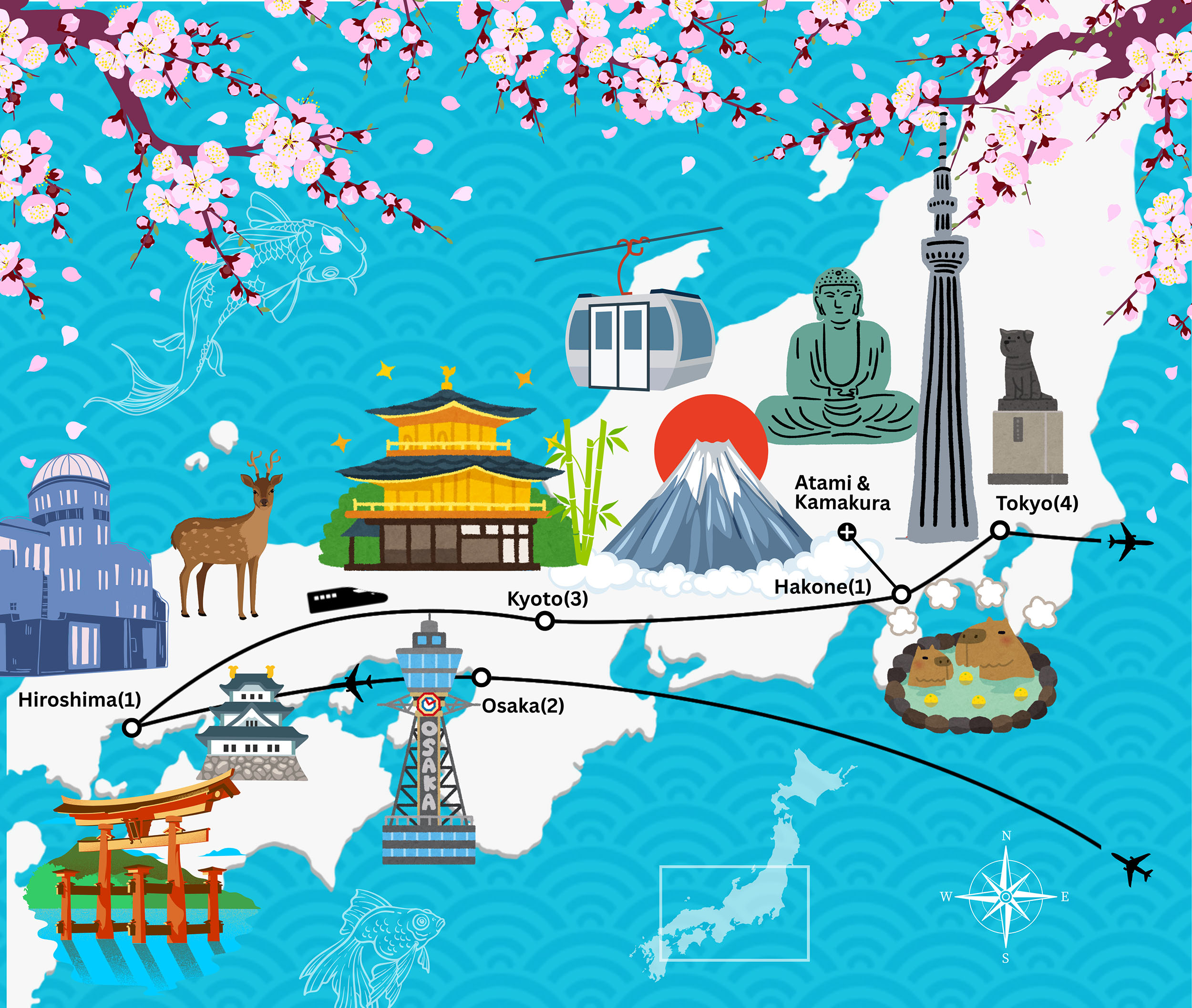
Core Concepts Developed in Program, Mapped to Sites
Physical Geography
- The trip to Japan will focus on its location as an archipelago in East Asia and Honshu’s significance as the island home to overwhelming majority of Japan’s population.
- Its weather systems including the effect of the East Asian Monsoon on the climate regimes in Kyoto, Tokyo, and Hiroshima will be explored
- The visit to the Bamboo Forest will show some of Japan’s natural and human managed beauty
- The visit to Mt. Fuji will allow students to experience Japan’s tallest mountain and one of the world’s most famous stratovolcanoes in all of its spring splendor from it’s snow-covered summit to its perfect conical form.
Urban Environments
- The cleanliness and organization of Japan’s major cities, including Kyoto, Tokyo and Hiroshima will be experienced and discussed.
- Japan’s amazing transportation systems (including its bullet trains) will be experienced by students who can compare it with their own experiences in American and perhaps other world cities.
- The aesthetics of Japan’s major cities (Kyoto, Tokyo, Hiroshima) will also be examined and discussed.
- The trip to Tokyo will focus on this historic city as the seat of empire, and center of population.
- Japan’s cutting edge methods of “earthquake-proof” construction will be explored including the use of Base Isolation and Tuned Mass Damper designs in Tokyo, Kyoto and Hiroshima
Cultural Elements
- We will discuss in each local how the cuisine is related to its location, proximity to the sea and density.
- We will visit many of Japan’s most famous temples and learn about their torii gates and other design features and importance.
- We will examine these temples and discuss their differences with their Chinese and Korean counterparts and how and why Japan’s temples are so renowned for their earthquake resistance.

Itinerary
Date Range: EF Study Abroad will manage all of our logistics, including travel. They provide a date range for the trip to make sure they get us the best travel rates possible. The range for this trip is potential departure on May 18, 2026 and potential return on May 28, 2026. It is possible, however, that the departure could be moved later by a few days.
We will know the specific departure date and return date in the Spring of 2026. However, those dates will be within the range of “earliest” and “latest” dates provided above.
| Day | Location/Visit | Learning Outcome |
| 1 | PHL - KIX | Travel day |
| 2 | Osaka | Visit the Inari Shrine and the Gold Pavilion and learn why these temples are so important to the Japanese people and why/how Japanese pagodas are different from their Chinese and Korean counterparts - and also far more earthquake resistant as well. |
| 3 | Osaka - Hiroshima | Himeji Castle and 83 building complex. The castle is perhaps the best example of a Japanese castle. It was built with sophisticated defense mechanisms dating to Japan’s feudal period. These included stone drop windows, angled runs for archers, and fire resistant white plaster walls up to 85’ high. |
| 4 | Hiroshima - Kyoto | Visit Miyajima Park and Itsukshima Shrine. It is known as the Sacred Island with torii guarding the entrance. Later visit the Peace Memorial Park and Museum – a UNESCO Heritage Site focused on nuclear attack. Finish day with bullet train to Kyoto. |
| 5 | Kyoto | Learn about Kyoto’s fascinating history and unique culture. Visit the Nijo Castle which was built largely from Japanese cypress. Visit the Taisi Shrine and its Gold Pavilion. |
| 6 | Kyoto | Visit the other worldly Arashiyama Bamboo Grove. Follow the central path uphill through the forest of bamboo to the entrance of the Okochi-Sanso Villa at the top of the hill. |
| 7 | Hakone - Atami | Visit Odawara Castle and Hakone National Parks where we will see the Hakone Open air Museum and some of Japan’s most majestic hot springs, lakes and a wonderful historic district with beautiful views of Mt. Fuji. We will also take the cable car up Mt. Komagatake and have a traditional Japanese dinner. |
| 8 | Kamakura - Tokyo | Visit to the Hachimangu Shrine dedicated to the patron god of the samurai and also visit the Great Buddha of Kamakura. Later we will head back to Tokyo for dinner. |
| 9 | Tokyo | Visit the Harajuku shopping district with its youth-oriented shops and attractions. We will also visit the Shinjuku district and the Meiji Shrine and its intricate wooden Inner Garden. The famous Imperial Palace is next and we finish the day exploring Akihabara. |
| 10 | Tokyo | Walking tour of Shibuya Tokyo. This iconic area is well known for its crowded streets centered on the famous Shibuya Crossing, one of the world’s busiest pedestrian intersections. |
| 11 | NRT/HND - PHL | Travel Day |
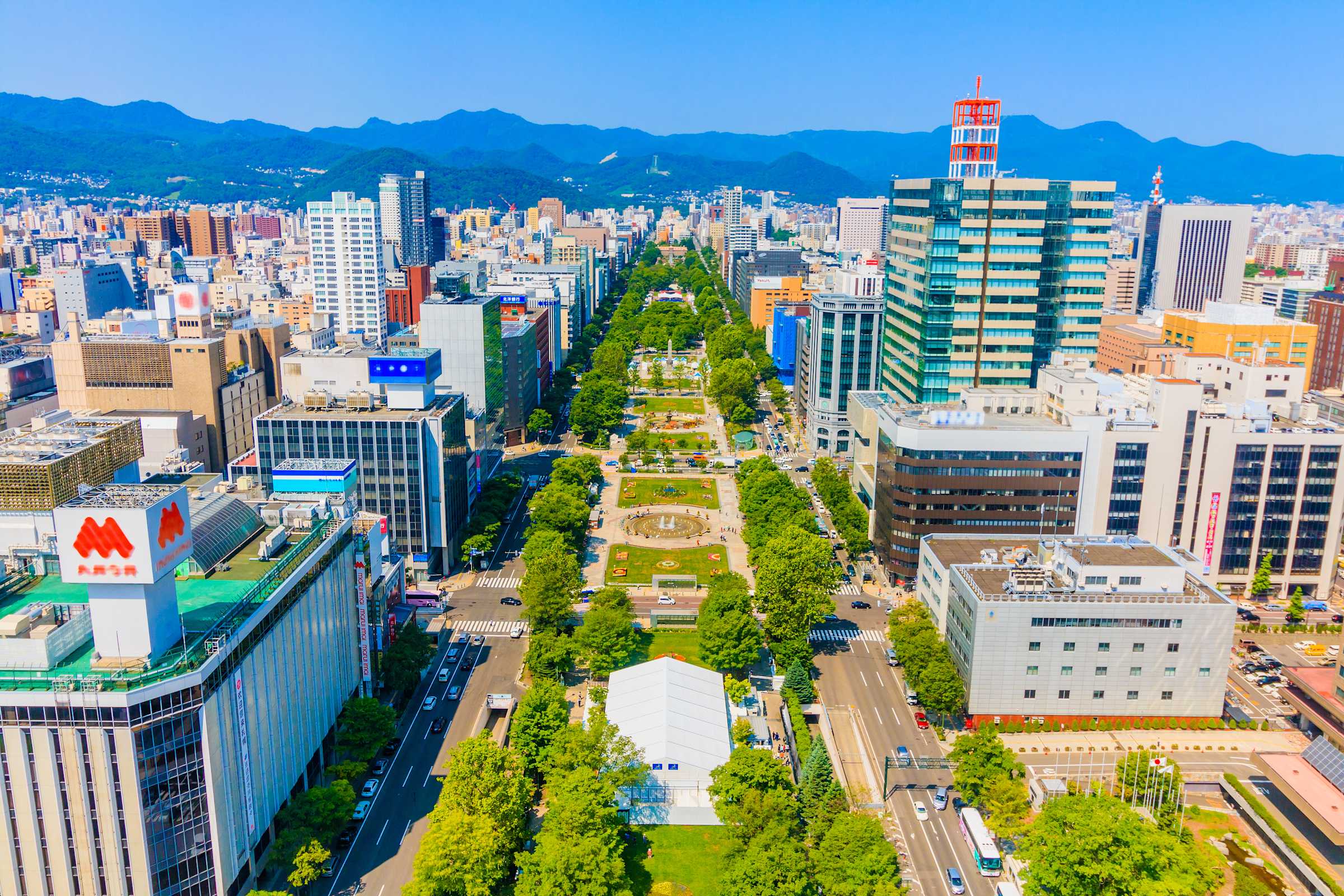
What course should I take in Spring 26?
| Student Type | Course Number | Course Name |
| Undergraduate Student | GEOG 16343 | Geography of Asia |
| Graduate Student | TBA | Geography of Asia |
*All students will receive university credit for taking the course. All non-GPS majors must get approval from their program for program requirement credit. GPS majors will receive major credit.
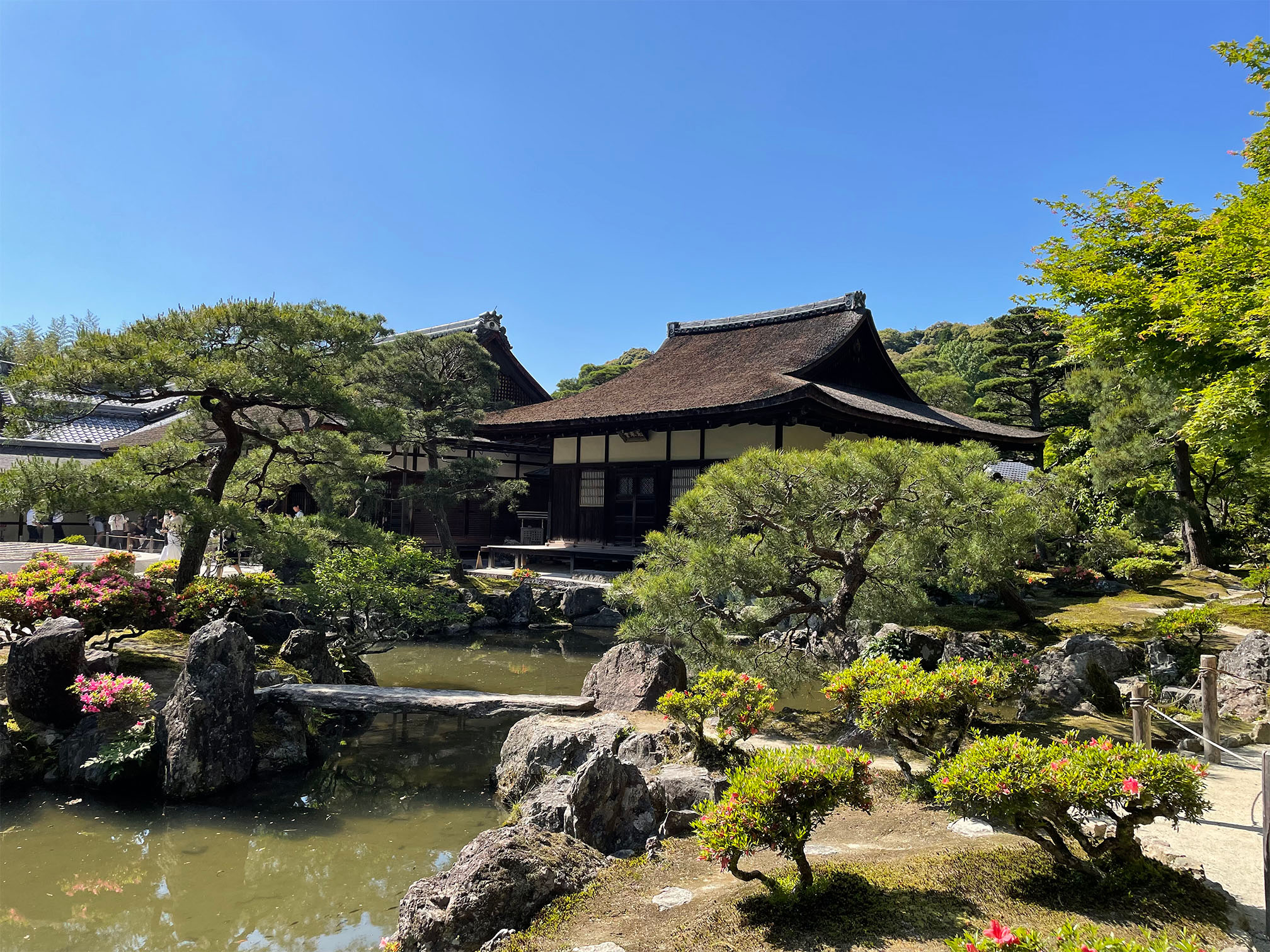
Who is helping us with planning?
Our Partner: EF Study Abroad (Education First):
- World leader in international education
- More than 1 million students experience their programs each year
- 55+ years of experience
- 600+ schools & offices in 114 countries
- Organizes all travel logistics and details for an all-inclusive experience
- Expert in safety, experiential learning, and building incredible study abroad programs
- Proven safety record during COVID
Safety Measures
EF is among the first recipients of the World Travel & Tourism Council’s Safe Travels Stamp, certifying that EF adheres to strict safety and hygiene protocols.
EF provides our group with:
- 24/7 Personal Tour Director
- Local presence and safety teams in country
- 24-hour emergency line & real-time incident response
- Enhanced safety measures and protocols to align with COVID standards
- Peace of Mind policy included for all travelers
- Additional support and safety policies
How much does this cost?
- $5,850*
- $100 course fee
*Includes all travel expenses (including flight to / from Japan), hotels, and most meals. If more than 25 students enroll in this program, the EF fee will drop.
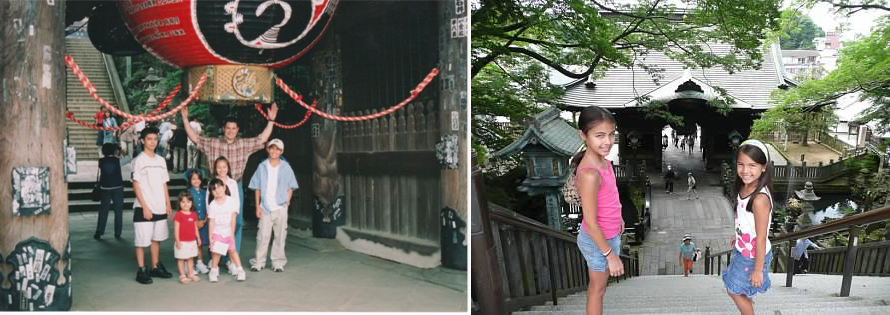
What to do next?
Sign up in the Google Doc with your email. Dr. McGlynn will stay connected with all who show interest.
Signing up DOES NOT mean you are committing to the trip. It means you will receive announcements from Dr. McGlynn in the Fall semester regarding how to formally enroll.
Sign Up HereHave questions? Contact Dr. McGlynn at mcglynn@rowan.edu.
